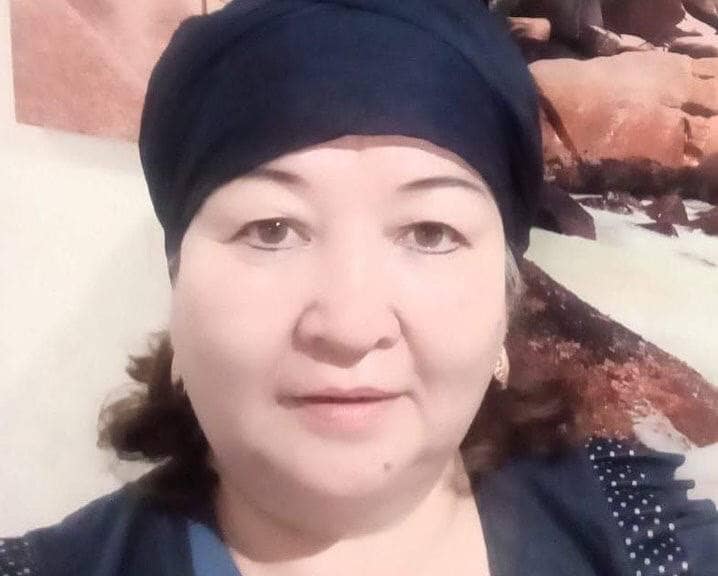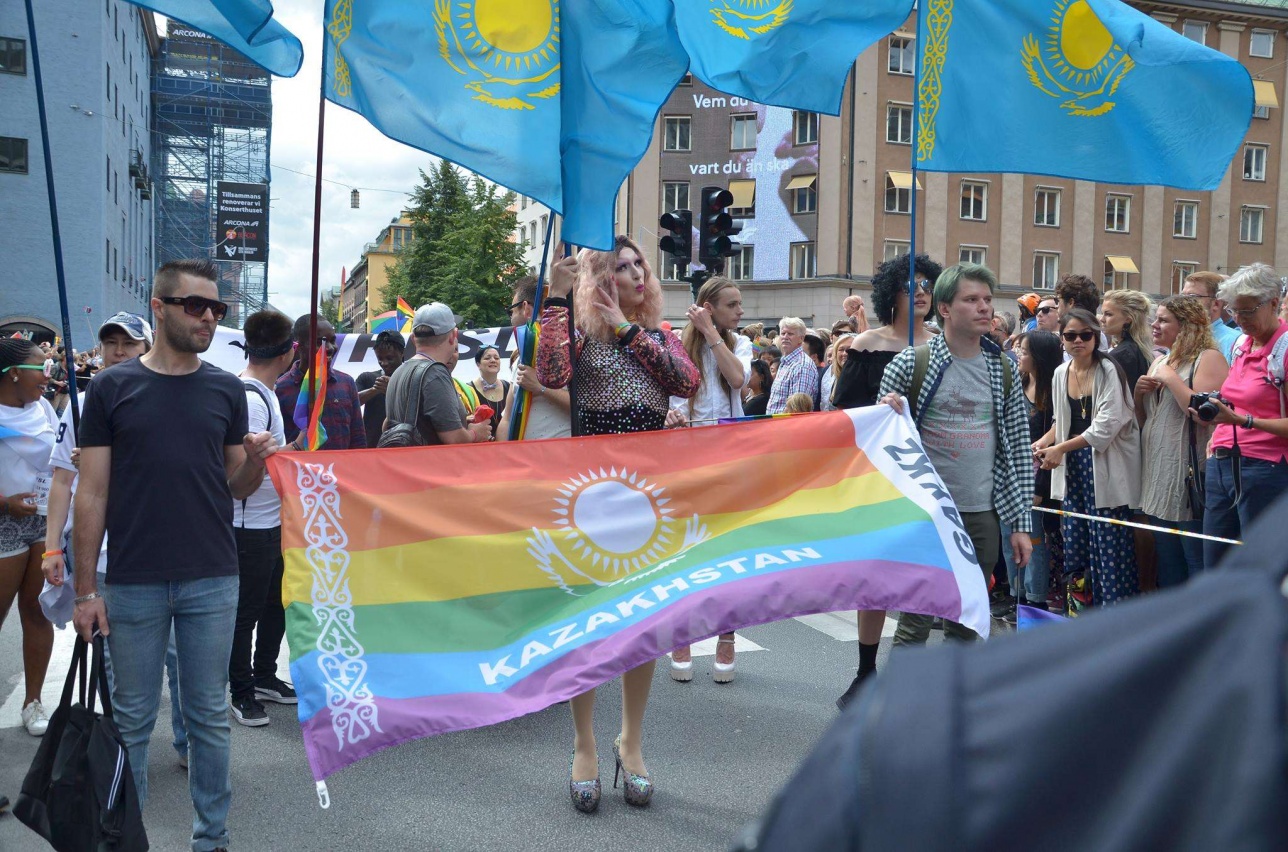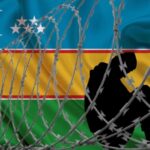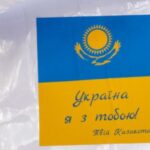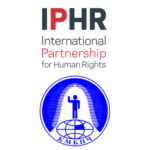Kazakhstan’s freedom of speech on online spaces is further threatened by a new law. Officially aiming to limit the “spread of disinformation”, it has already been used against an activist.
On September 9th, a new law about online content creators and platforms regulation officially became part of Kazakh legislation. Among others, this law is presented as a way to control online advertisement to prevent abuse and scams by requiring any paid content to be explicitly mentioned and by banning profiled ads. In addition, under the claim to protect society from the spread of online disinformation, legislators introduced a fine for “posting and disseminating false information”. This has led to a rise of concerns regarding the protection of free speech on social media as the law’ vague terms made it a powerful tool to prosecute opponents.
The first case of the law being used against an activist happened less than a month after its entry into force. On the 28th of September Nazgul Zhusupova, a civil activist, was convicted under the article 456 of the Code of Administrative offences and sentenced to pay a 69 000 ₸ fine (140€). Zhusupova was brought to trial for an Instagram post she published on September the 20th, where under a picture of Kazakh President Kassym-Jomart Tokayev she captioned “This man is dangerous! He sold the lands of Burabai district to Russia!”
During the trial, Zhusupova claimed her post did not spread any disinformation as it referred to a two-year old known affair: in August 2021, long term land use rights for a 43 hectares parcel in the Akmola region were given to Sberbank, a Russian bank. The authorities thought otherwise, stating that as it was not Tokayev himself who sold the plots the post spread fake news.
Zhusupova’s case highlights how the lack of precise terms of the law leaves the authorities free to label the expression of opinion on established facts as disinformation, even on absurd claims, making it more a threat to free speech than a tool to protect society. Compared with previous legislation, the introduction of the concept of “online platforms” allows authorities to broaden the scope of prosecutions: an information deemed fake can incriminate its author as well as the page administrator where it was posted.
This new law is part of a wider downward trend regarding freedom of speech in the country. In its 2023 freedom of press survey, Reporters Without Borders – a media watchdog – ranked Kazakhstan 134th out of 180 and lowered its score compared to 2022. Previously, freedom of media and expression was restricted by a number of laws. Despite the fact that in 2020 the Defamation article 73-3 was moved from the Criminal Code to the Code of Administrative Offences it was immediately replaced by another article of the Criminal Code, 274 – “Dissemination of deliberately false information”, which carries a fine of four thousand euros, to imprisonment of up to two years. No fewer than 100 criminal cases have been initiated under this article alone during this period. There is a similar article in the Administrative Code, 456-1 “Posting deliberately false information in the media, on the holder of information’s website, or by other means”, which provides for large fines. This article is aggravated if the offence occurred during a state of emergency.


